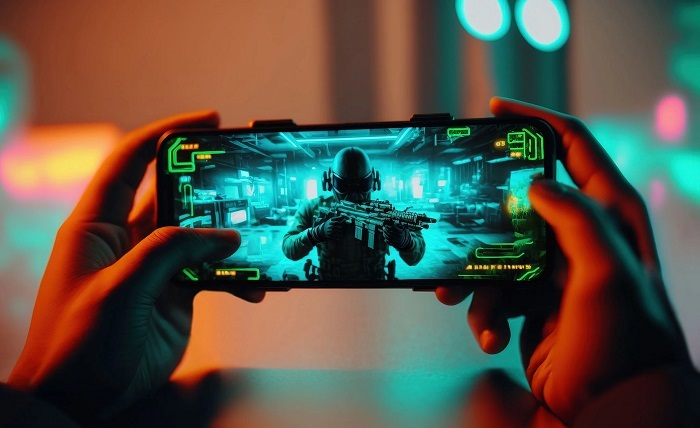The world of online gaming is evolving at a rapid pace, and two of the most exciting technologies shaping its future are Virtual Reality (VR) and Augmented Reality (AR). These innovations are set to redefine gaming experiences, offering players immersive and interactive environments that go beyond traditional gameplay. As these technologies develop, they will continue to influence various aspects of gaming, from social interactions to game mechanics and monetization models.
The Impact of VR in Online Gaming
VR has already made significant strides in gaming, allowing players to step inside digital worlds like never before. With devices such as the Oculus Quest, PlayStation VR, and HTC Vive, players can fully immerse themselves in virtual landscapes, interacting with their surroundings in ways that were previously impossible.
Online multiplayer games are particularly benefiting from VR technology. Imagine stepping into a virtual casino where you can physically walk around, interact with other players, and play games with real-time gestures. Similarly, MMORPGs (Massively Multiplayer Online Role-Playing Games) are incorporating VR to create expansive, highly detailed worlds where players can truly feel like part of the adventure.
As VR hardware improves, we can expect even greater levels of realism, better haptic feedback, and more seamless interactions. Cloud-based gaming will also enhance VR experiences by reducing the need for high-end local hardware, making VR gaming more accessible to a wider audience.
How AR is Transforming Online Gaming
Augmented Reality (AR) has gained popularity through games like Pokémon GO, where virtual elements are overlaid onto the real world. AR technology has immense potential in online gaming, as it allows players to engage with digital content in their real-world environment.
AR-based online games can offer unique multiplayer experiences, where players interact with both the physical and digital world simultaneously. For instance, online card games and board games can be enhanced with AR, making gameplay more dynamic and interactive. Esports and competitive gaming could also see AR integration, allowing for new levels of strategy and engagement.
Another exciting development is the use of AR in casino gaming. Players can participate in AR-powered table games where real dealers and virtual game elements merge to create an enhanced gambling experience. This could change how online casinos operate, making them more immersive and interactive for players.
Challenges and the Road Ahead
Despite the promising future of VR and AR in online gaming, there are still challenges to overcome. High costs of VR headsets and AR devices remain a barrier for mass adoption. Additionally, developers need to address motion sickness issues in VR and create AR experiences that are smooth and realistic.
However, as technology advances and becomes more affordable, these barriers will gradually decrease. Companies are investing heavily in research and development, and with the introduction of 5G and improved AI algorithms, the future of VR and AR in online gaming looks incredibly bright.
The fusion of these technologies will not only enhance traditional gaming but also bring new forms of entertainment, including virtual casinos, social gaming spaces, and even hybrid experiences blending VR, AR, and artificial intelligence. Players will be able to enjoy games in ways that were once considered science fiction, from realistic casino environments like slot777 to interactive multiplayer strategy games such as slot qq online.
Conclusion
VR and AR are revolutionizing the online gaming industry, providing new levels of immersion and interactivity. While there are still challenges to overcome, these technologies are steadily becoming more accessible, promising a future where gaming transcends screens and becomes an integrated part of our reality. Whether it’s stepping into a virtual world or enhancing real-world interactions with digital elements, the future of online gaming is undoubtedly exciting.
As we move forward, players and developers alike should prepare for a new era of gaming where the boundaries between the virtual and real worlds continue to blur.






